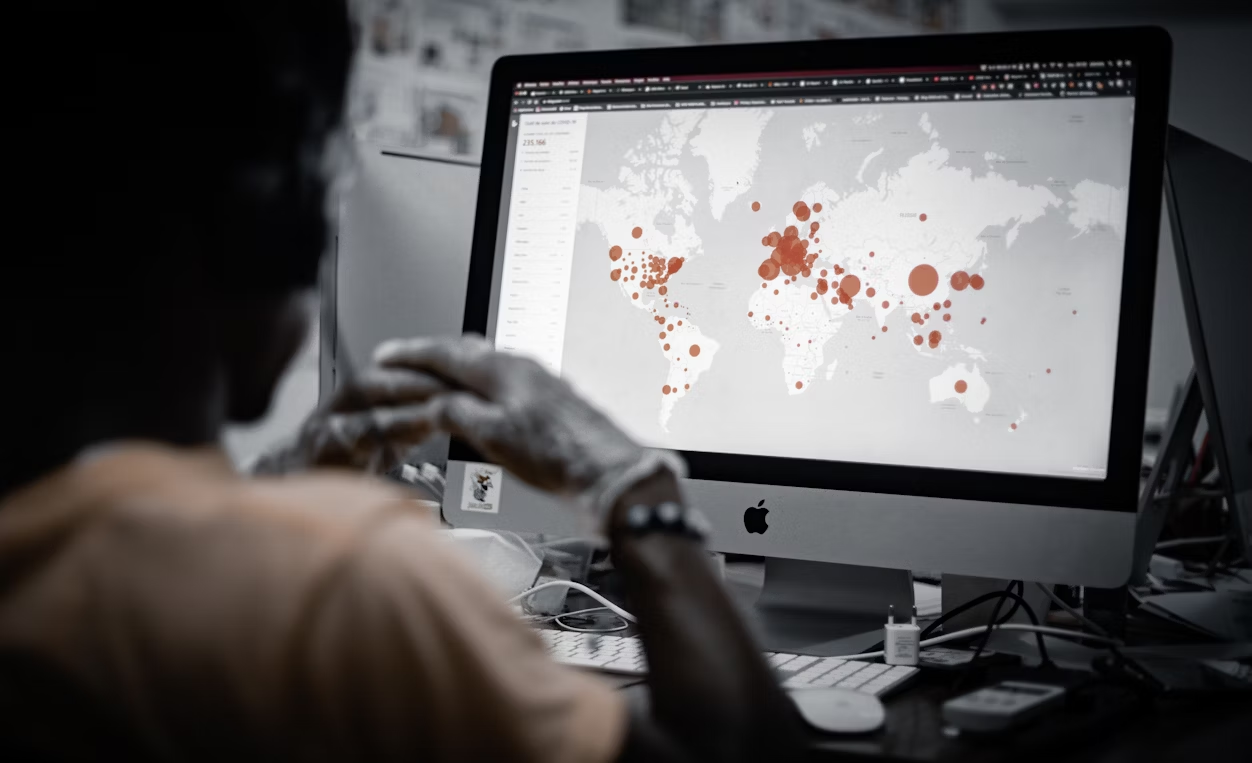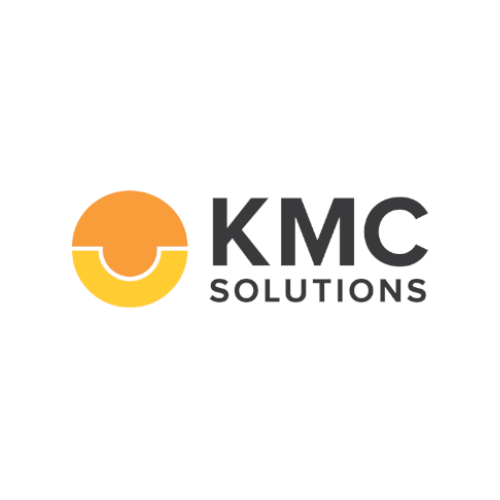Last month we met with Ananth Kasturiraman, co-founder of Skillist, to discuss the flaws in our traditional hiring system and how “skills-based hiring” addresses some of these inefficiencies. Skillist is a Boston-based software company that offers a new approach to the hiring process by creating a better way for job-seekers and employers to connect and providing new opportunities for many Americans.
What’s Wrong With the Traditional System?
For as long as we can remember, the traditional system has been: go to college, take out student-loans, get an undergraduate degree, find a job, and pay off your debt (one day). And in this system, the hiring process consists of a résumé and cover letter, followed by a potential interview. So, of course, the Stanford graduate, or the candidate with a 4.0 GPA is much more likely to land a job than the kid coming out of a state school, even if the state school graduate has more relevant skills for the job.
In recent years, we’ve been able to understand the inefficiencies within this paradigm. First, our current system makes it hard for applicants to know what is expected of them, as job descriptions can be vague. Second, candidates are typically not aware of what they are being evaluated on because the hiring manager does not specifically tell them. The last inefficiency within our system comes from the fallacy that your alma mater, or previous employer, is a reflection on your ability to complete a certain task.
How to Address these Inefficiencies
This is where Skillist comes in. The innovative recruiting software -- trusted by companies like Toast, Wayfair, and DraftKings – helps people make better hiring decisions by identifying critical skills for a specific job while creating alignment between the hiring team and the applicants. By using this skills-based hiring approach, candidates are able to showcase their abilities more clearly, meanwhile, Skillist helps employers reach a more inclusive talent pool.
Skillist does not come in and take over the hiring process, instead, the software acts as an information collector to help hiring teams make the best decision. The software is not responsible for ranking applicants or determining a person’s skills. Rather, Skillist aims to help the employer and its applicants understand what is important and apply that information to help make the best decision on who fits the bill.
The Future of Hiring
We are definitely seeing a change in the way companies are hiring and it is safe to say more companies will begin to use this skills-based approach. When is this going to happen? That is much more difficult to predict and depends on how long it takes others to catch on. It could be 2, 5, or even 10 years.



























